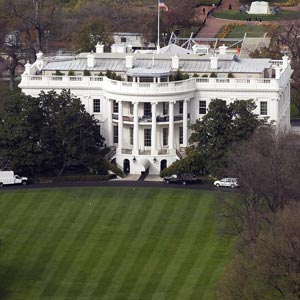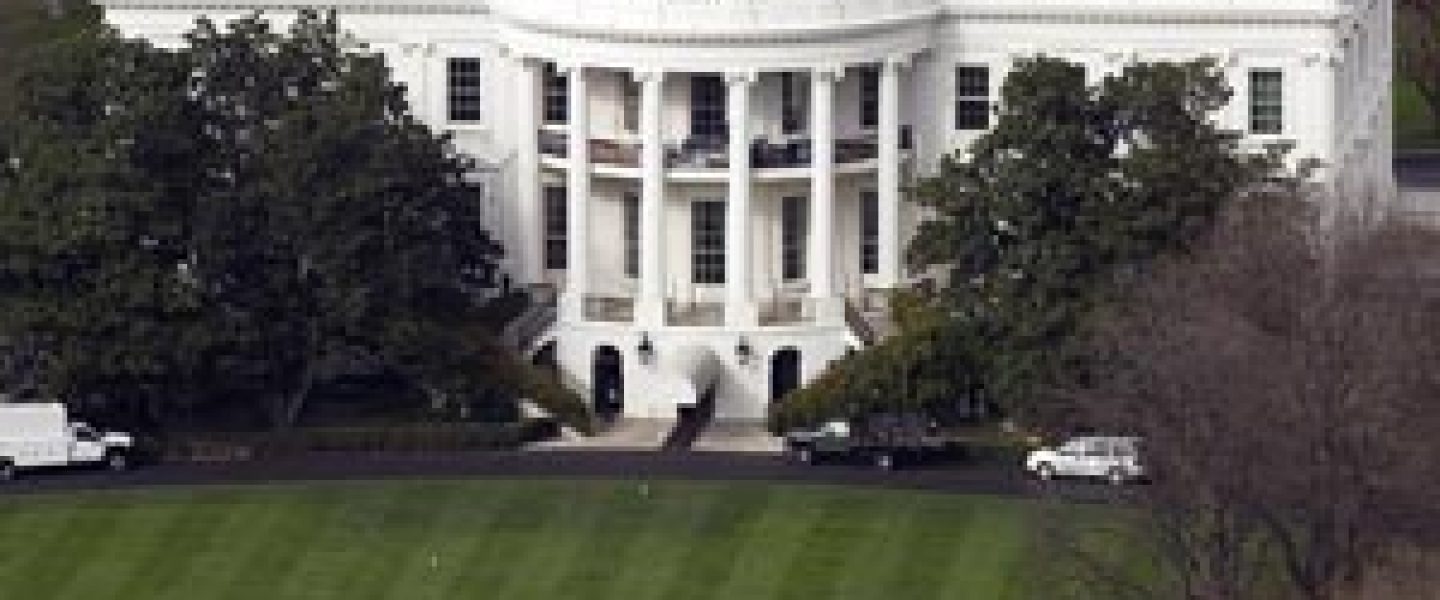 DCMJ, the cannabis legalization group that successfully worked to pass the Initiative 71 ballot measure legalizing marijuana in the District of Columbia, called their meeting with the White House “a move in the right direction” toward removing marijuana from Schedule One of the Controlled Substance Act.
DCMJ, the cannabis legalization group that successfully worked to pass the Initiative 71 ballot measure legalizing marijuana in the District of Columbia, called their meeting with the White House “a move in the right direction” toward removing marijuana from Schedule One of the Controlled Substance Act.
“This is a good first step, but we hope to continue the dialogue with the White House,” said Adam Eidinger, co-founder of DCMJ. “We thanked the White House for extending the invitation, but it is clear that our work is far from finished. This is only the start. What we are requesting is a higher level meeting with senior administration officials, ultimately moving toward a cannabis policy reform summit with President Obama and key stakeholders such as patients, patient advocates, business owners, grassroots advocates, the disabled community, scientists, the medical community, veterans and others.”
The meeting came after DCMJ staged a peaceful “Reschedule 420” demonstration and non-violent civil disobedience on Pennsylvania Avenue on April 2, that featured a 51-foot inflatable joint and drew thousands of activists and supporters, some of whom lit up marijuana to protest listing cannabis as a Schedule One drug. Two weeks later, DCMJ shared cannabis seeds and cuttings with more than a 1,000 people in front of the White House.
“As an activist organization representing our members, as well as the legalization movement, we will continue to organize, drive awareness and use all peaceful means necessary to press our case in favor of removing cannabis from Schedule One of the Controlled Substance Act,” added Eidinger, who led the two-person DCMJ delegation at Monday’s meeting at the White House. “In simple terms, the federal government says marijuana is a more dangerous drug than crystal methamphetamine. In simple terms, we say that is an absurd, outdated and a dangerous way of thinking.”
DCMJ’s Eidinger pointed out that the group had requested a larger meeting to include other national legalization organizations to join them at the table.
“The White House invited us in, and they set the rules for who was at the table,” said Eidinger. ”The meeting was a move in the right direction, but there are many voices to be heard that can address a myriad of issues, including but not limited to the excessive incarceration rate for black and Hispanic non-violent cannabis users, and compassionate care for veterans and others, who need medical marijuana to alleviate their pain and suffering.”
First initiated in 1970 during the Nixon Administration, under the Controlled Substance Act, Schedule One recklessly lumps marijuana in with drugs like heroin and Quaaludes.
DCMJ was joined after the meeting by Brandon L. Wyatt, a decorated army combat solider and disabled veteran. ”Veterans are heroes. We should not be made criminals by virtue of seeking healthcare,” said Wyatt, who is a leader with the Weed for Warriors Project—an organization urging the Veterans Affairs Administration to provide cannabis to veterans. ”We are optimistic that the DEA’s movement on PTSD research will serve to reform medical ethics policy in a way in which other federal agencies step forward, hold open discussions with the public, and work progressively to reduce the 22 suicides committed a day due to overmedication.”
Source: DCMJ – make a donation


























